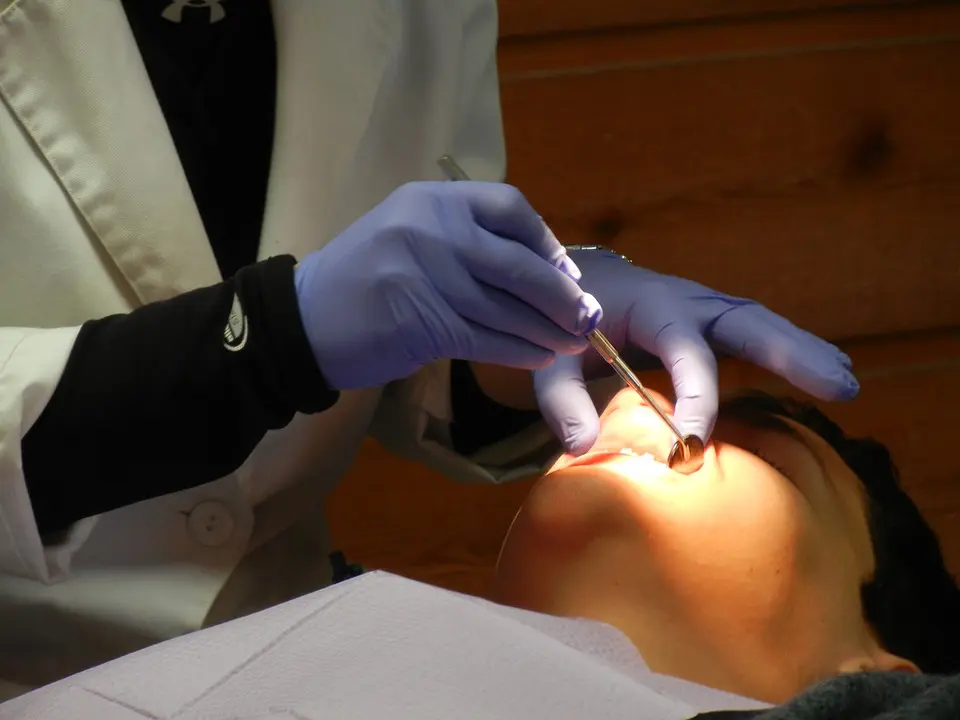Parents are more apt to monitor their kids’ dental health from infancy until their adolescent years. However, as the children reach their teen years, some parents may pull back in response to their teenager’s desire for freedom and self-assertion.

(Pixabay / mlarsson62)
While it is a good idea to support a teen’s desire for independence, they still need guidance from their parents. Parents should continue to give input on matters of health. Of course, parents need to strike a delicate balance between being too pushy with their teens, which will result in resentment, and being too lax.
The best scenario is to invite teen children to participate in an intelligent discussion about their oral health. If you can discuss health issues respectfully with teenagers and invite their input, they will be more open to your suggestions and admonitions.
Here are some aspects of oral health to address with your children during the teen years:
- Brushing and flossing – Encourage your children to brush twice daily and floss at least once daily. You can help facilitate good oral health by keeping the pantry and fridge stocked with fruits and vegetables instead of sugary junk food. Having healthy foods at home will not only benefit their dental health but also improve their overall health.
- Avoiding smoking – Your teen children are doubtless familiar with the pressure that some kids feel to smoke. Discussing with your teens the short-term and long-term effects of smoking can help discourage them from even trying it.
- Oral piercings – Teenagers want to be expressive and assertive of their own styles—sometimes with mouth and tongue piercings. Teens need to understand that oral piercings may result in tooth loss. Any piercing that comes in contact with the gum line may cause permanent damage.
- Drinking water – It is trendy among teenagers to guzzle down sport and energy drinks instead of water. Help them understand that sugary drinks can cause cavities, tooth decay, and weight gain.
- Mouth guards during contact sports – If your children are involved in athletics, discuss the use of mouth guards to prevent serious injuries, such as jaw fractures or broken teeth.
Parents should start teaching children about dental care from a very young age. Once the foundation is laid, you can continue to have non-threatening, mature conversations about oral health into the teenage years.
